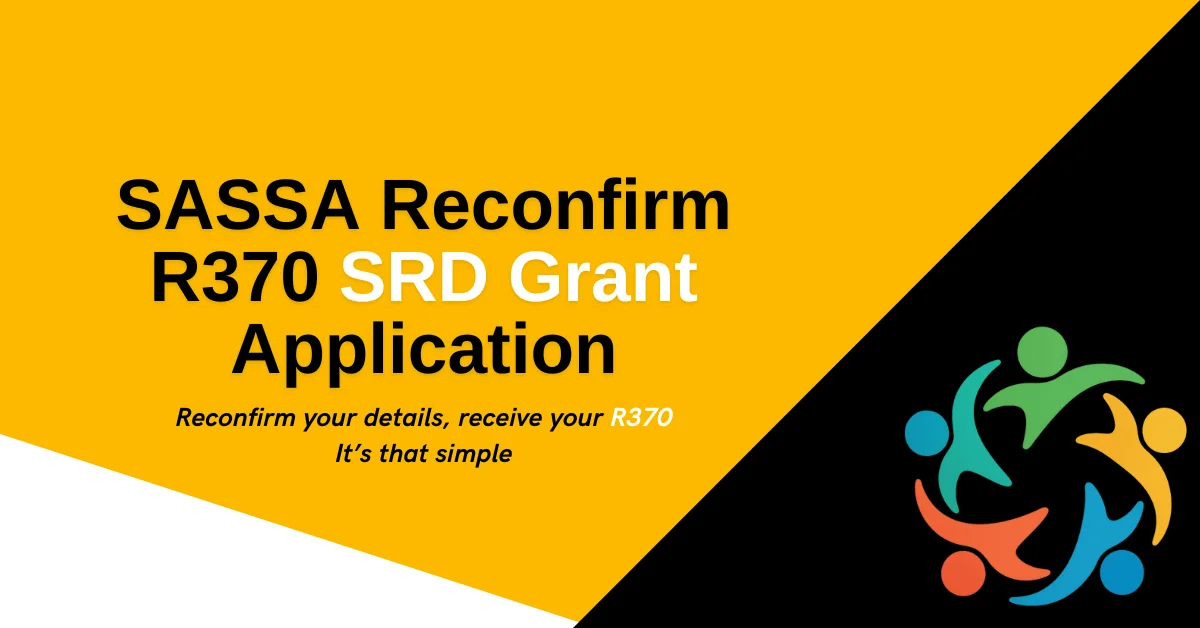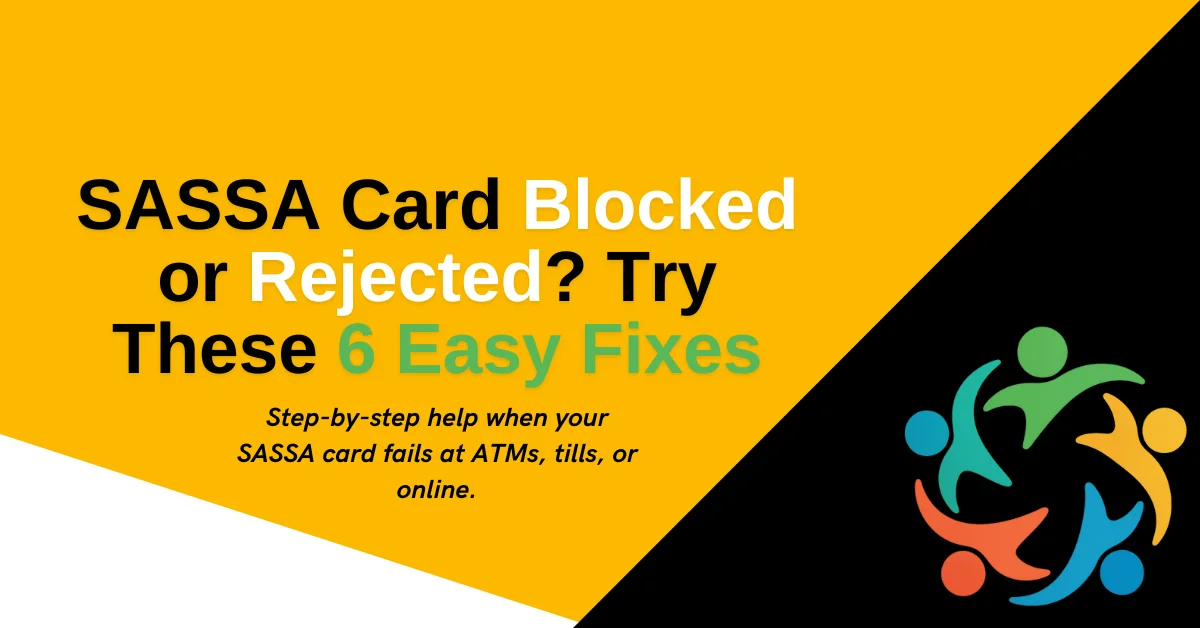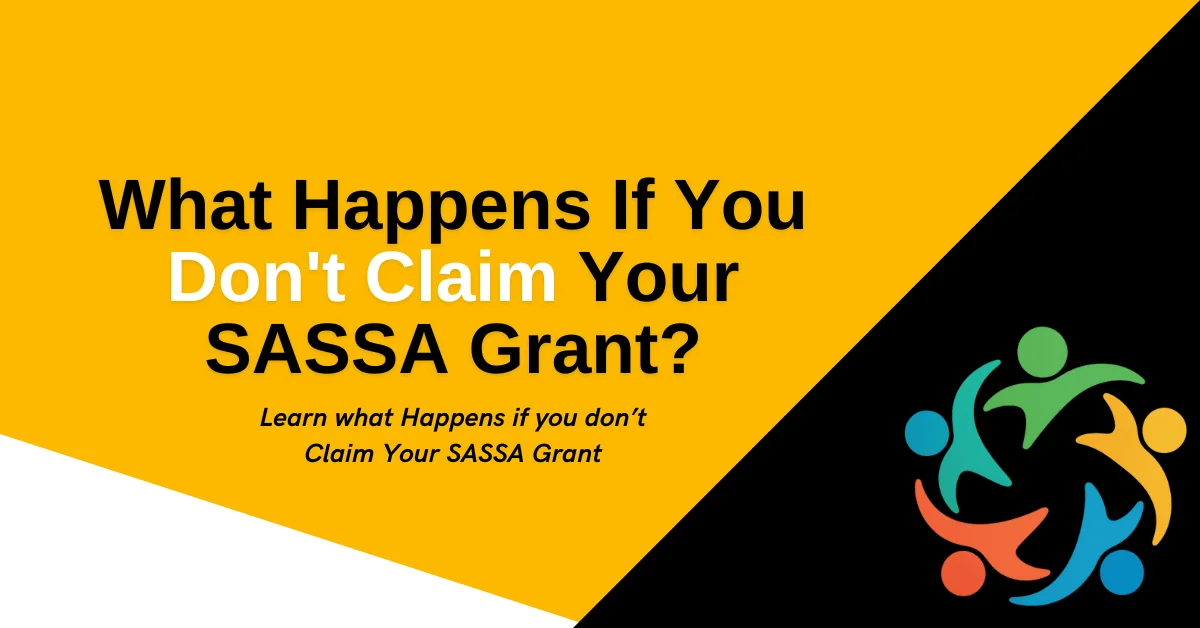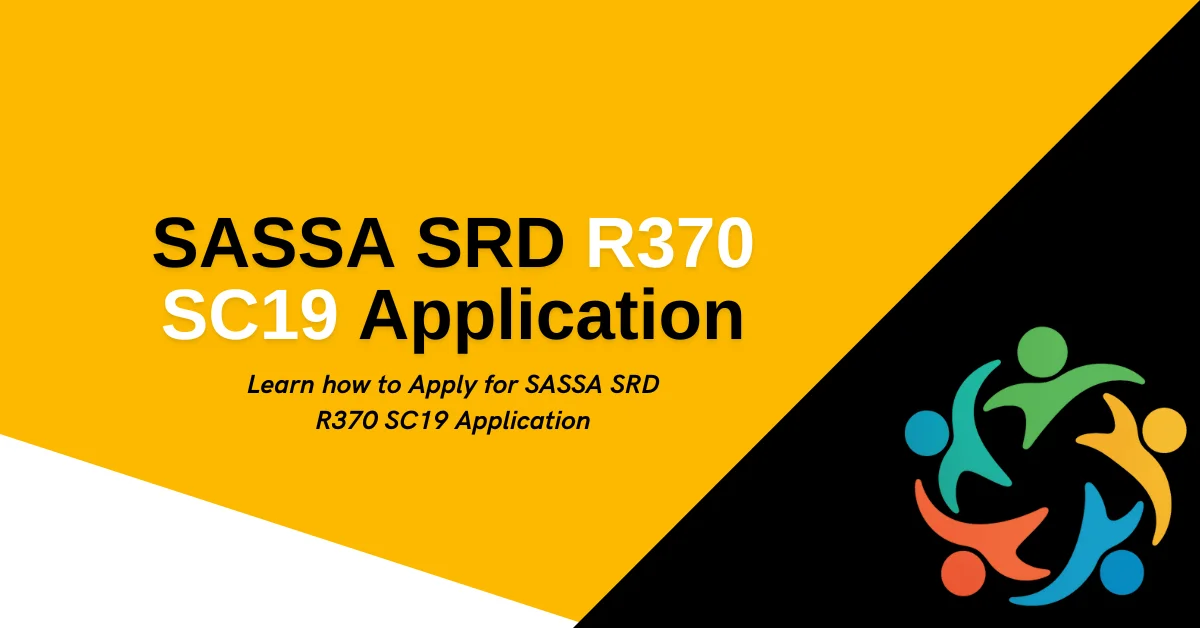Why SASSA’s R370 Grant Isn’t Reaching Beneficiaries Lately?
Are you still waiting for your SASSA SRD payment? You’re not alone. Thousands of people across South Africa are blocked from receiving their R370 monthly grant because of system errors and missing biometric links.
For many, this grant is the only source of income and without it, survival becomes a daily battle.
Biometric Verification Fails Leave Millions in Crisis
Contents
- 1 Biometric Verification Fails Leave Millions in Crisis
- 2 Youth and New Applicants Affected Most
- 3 Low-Tech ID Documents Create New Barriers
- 4 Real People, Real Struggles
- 5 The Grocery Combo Many Can’t Afford Anymore
- 6 Blocked Payments Due to Incomplete Updates
- 7 Phone Numbers Matter More Than IDs
- 8 Community Activists Overwhelmed With Complaints
- 9 Suggestions for a Way Forward
- 10 Conclusion
The South African Social Security Agency (SASSA) provides the R370 Social Relief of Distress (SRD) grant to nearly 9 million people every month. But due to a faulty online biometric verification system, many can’t access their funds.
Instead of helping, the system is delaying or withholding links needed to verify identities. Without that verification, no payment is made.
Those flagged for possible fraud must prove their identity again. This includes people using the same ID number or those flagged by Home Affairs records.
But the online process is full of glitches. Many users never receive the required SMS or email to begin verification.
Youth and New Applicants Affected Most
New applicants especially 18-year-olds are hit hardest. When trying to register, they often discover their ID numbers have already been used fraudulently.
According to Black Sash, a human rights organization, their helpline gets up to 35 calls per week from young people unable to complete biometric verification due to missing links or tech barriers.
Many don’t own smartphones or can’t afford mobile data. Others simply don’t receive the verification link at all.
Low-Tech ID Documents Create New Barriers
People with green barcoded ID books often fail the facial recognition step. This is due to poor photo quality in the Department of Home Affairs database, making the system unable to verify their identity.
Those affected are forced to apply for smart ID cards, which adds another burden. Travel costs, application fees, and long queues at Home Affairs stretch already-thin resources.
Real People, Real Struggles
Dalene Raiters, a mother and grandmother from Eldorado Park, first received her SRD grant in 2023. But after her account was flagged for fraud, she was told to complete biometric verification online. She never received the link. (According to Groundup South Africa)
Dalene had to spend R320 on transport just to apply for a smart ID card that cost R140. In May 2025, her payments stopped again after another failed attempt to verify her identity.
Now she borrows money from a loan shark, repaying R300 for every R200 borrowed due to high interest. The SRD grant, once used for groceries, is now out of reach.
The Grocery Combo Many Can’t Afford Anymore
Dalene used to buy the Shoprite R99 combo, which includes:
- 2.5kg white maize meal
- 2kg parboiled rice
- 750ml sunflower oil
- 400g soya mince
- 500g pasta
Now, without her grant, feeding her family of five has become a challenge.
Blocked Payments Due to Incomplete Updates
Lincaster Davids, also from Eldorado Park, hasn’t received his grant since March 2025. His problem started when he tried to update his cellphone number.
The system asked for biometric verification first. Without completing it, his account was frozen. Visiting his local SASSA office didn’t help. He was told to come back another day due to overcrowding.
Phone Numbers Matter More Than IDs
To withdraw the SRD grant at stores, beneficiaries must show:
- Their ID
- Their cellphone number linked to the SRD profile
A message is sent to that number for final approval. If a number is lost, stolen, or changed, the user must pass biometric verification before updating it something many can’t do.
Community Activists Overwhelmed With Complaints
Elizabeth Raiters, a community activist, says she gets visits from up to 10 people a day asking for help with blocked grants. Most were either denied access or didn’t receive the verification link.
She calls the verification system “slow, broken, and unfair.” Even when people do receive the link, it often fails to load or time out before submission.
Suggestions for a Way Forward
Black Sash proposes manual verification desks at local SASSA offices. This would help beneficiaries verify their identity in person especially those without smartphones or reliable internet.
Setting up such support could:
- Speed up identity checks
- Reduce fraud suspicions
- Help elderly and low-income users without access to tech
Conclusion
South Africa’s poorest residents depend on the R370 SRD grant for survival. But SASSA’s broken biometric system is standing in their way. Delays, tech failures, and poor communication are denying access to essential support.
Until reliable in-person alternatives are in place, millions remain at risk of hunger, debt, and desperation through no fault of their own.

I’m Mbali Mhlongo, founder of SASSACheckStatus.com with over 3 years of experience helping SASSA beneficiaries. I write informative blogs, share updates, and provide step-by-step guidance on grants, payments, and status checks. My mission is to make SASSA support easy, reliable, and accessible for everyone in South Africa.
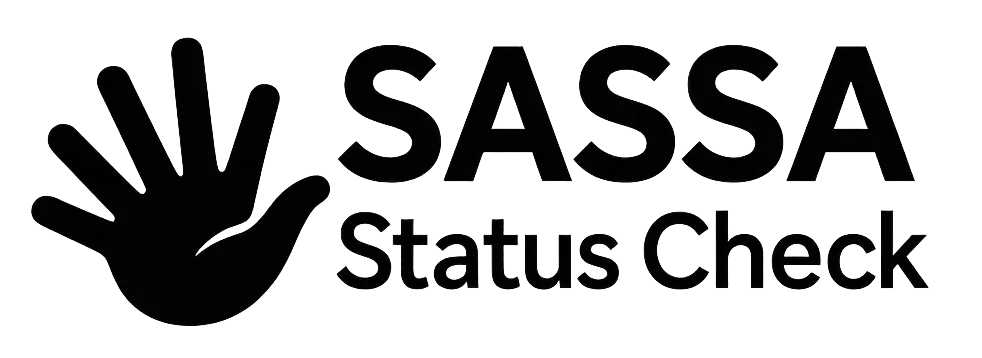
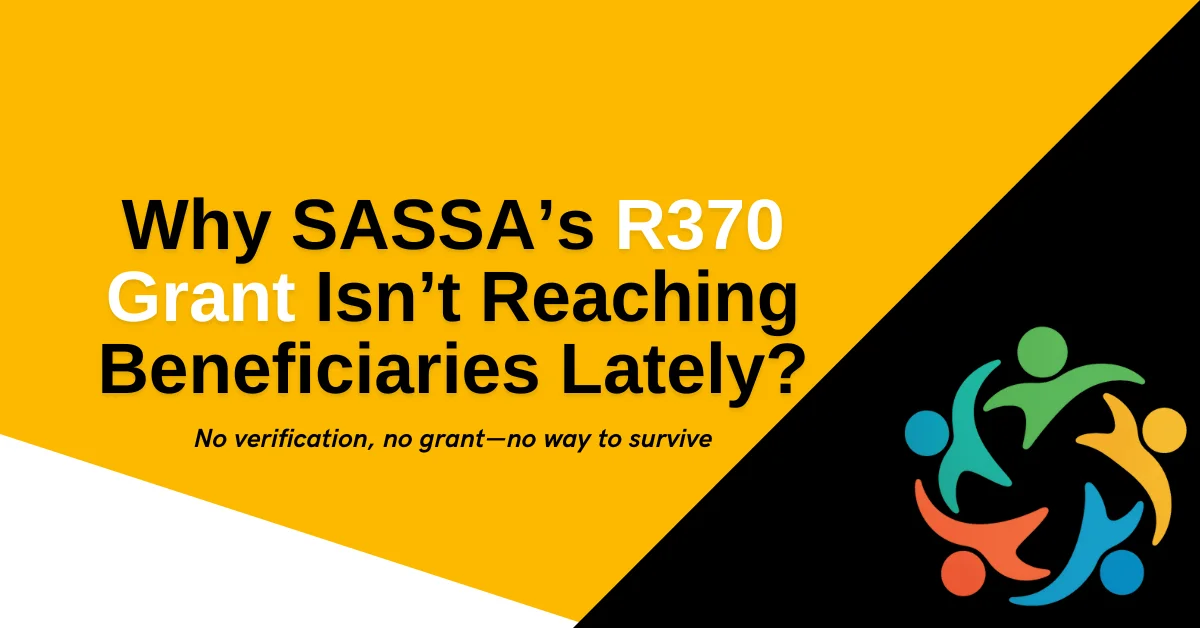
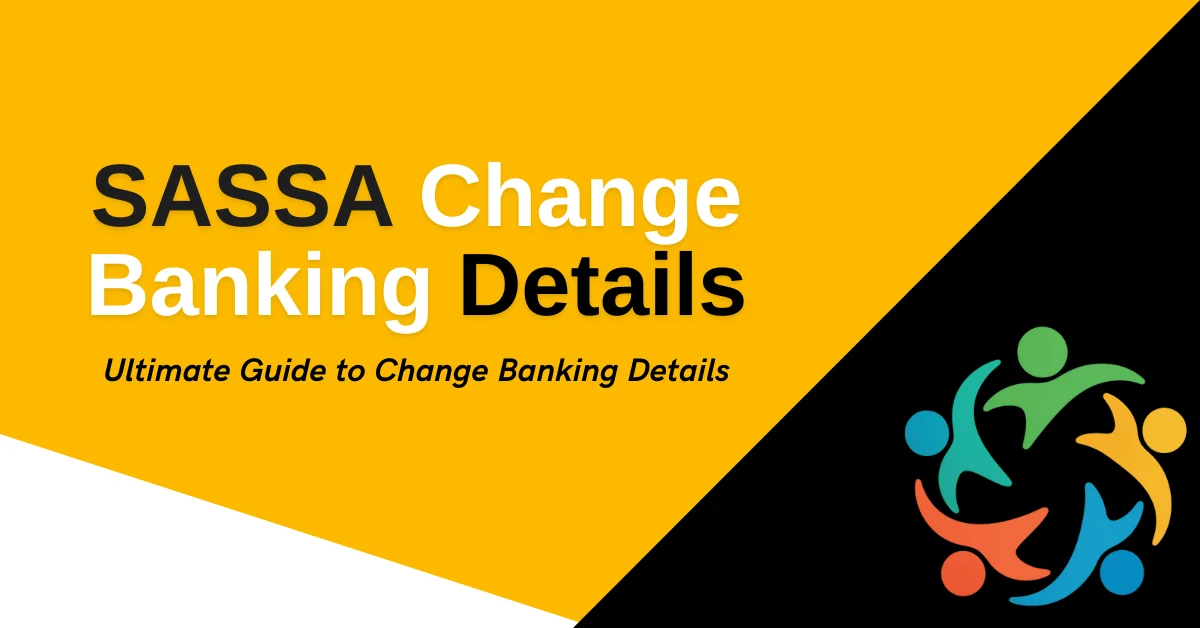
![SASSA Status Check Declined SASSA Status Declined [Fix]](https://sassacheckstatus.com/wp-content/uploads/2025/05/SASSA-Status-Declined-Fix.webp)
